The Gods of the moving image have heard our cries for succor, and have granted them. They have furnished us with a bounteous harvest of films that tell the tale of the mighty pantheon of the heroes of Ancient Greece. Indeed, the Gods are good, and so too are these films. Read on, so that you too may know them.
Troy (2004)
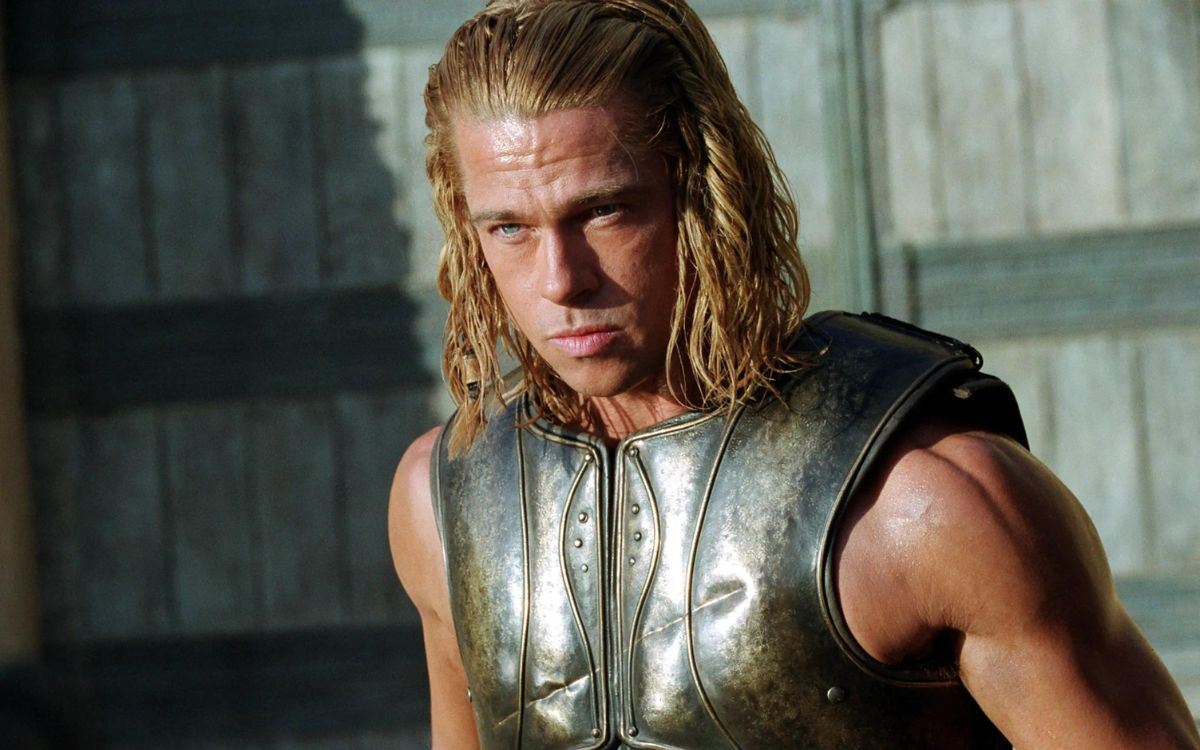
Directed by Wolfgang Petersen, Troy stars Adonis of Hollywood Brad Pitt as the mighty Greek warrior Achilles himself. Achilles is a demigod who joins the Greek armies to lay siege to the mighty city of Troy in order to win fame and glory. It features some of the finest hand-to-hand combat sequences in cinema history. The only pity is that it has been straightwashed. In the original text, Achilles was the lover of the tender-hearted Patroclus. In this film, Patroclus is nothing but Achilles’ cousin. If only the story took place in West Virginia as opposed to West Anatolia, then their love could flourish.
300 (2006)
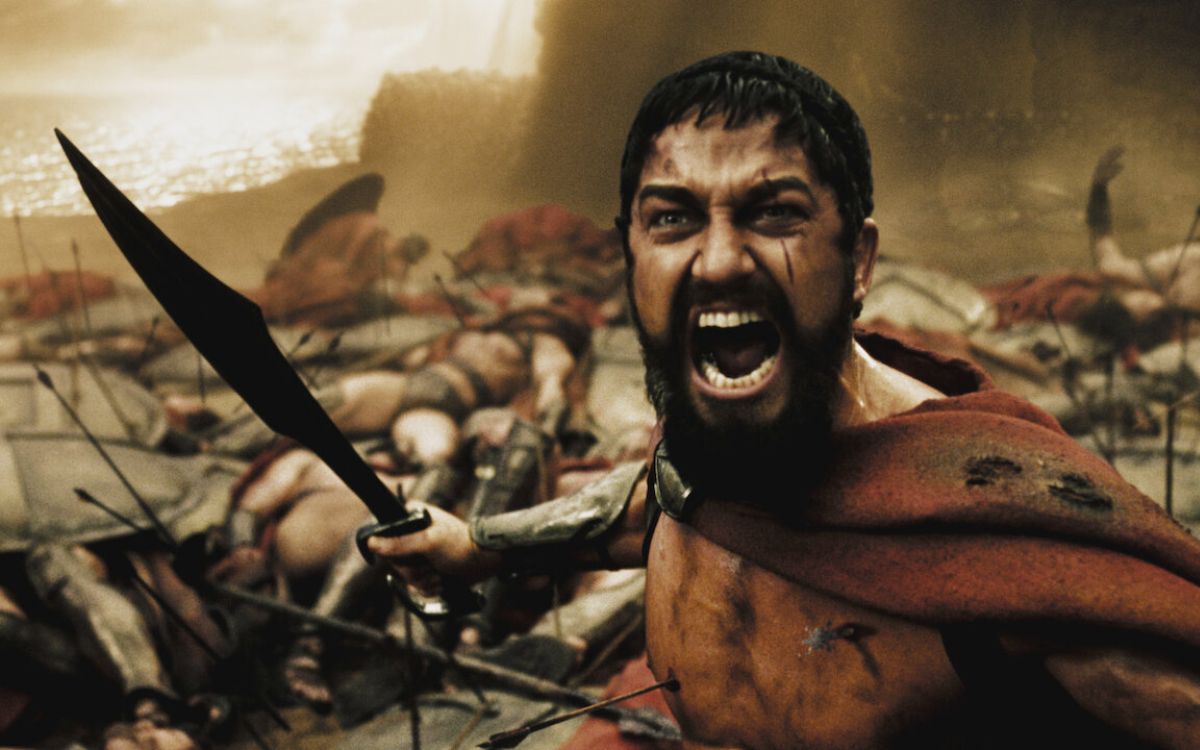
Speaking of homoeroticism, this is the perfect time to tell the tale of Zack Snyder’s 300. It stars Gerard Butler as the beefy King Leonidas, whose chiseled and scantily clad army of Spartan soldiers stand fast against the Persian hordes at Thermopylae. 300 was inspired by true events, as a group of 300 Spartan soldiers fought to the last man defending their kingdom from the invading armies of Xerxes. 300 is an action-packed film that will make the viewer feel as though they railed a dozen lines of powered testosterone.
O Brother, Where Art Thou? (2000)

While this Coen Brothers film appears to be a tale set in Depression-era Mississippi, O Brother, Where Art Thou? is actually a loose retelling of Homer’s epic poem The Odyssey. George Clooney, John Turturro, and Tim Blake Nelson star as three chain-gang workers who make a bold escape into the countryside. Like Ulysses of old, the trio encounters a one-eyed giant, a sexy group of sirens, and a blind radio show host inspired by the author Homer himself.
Immortals (2011)
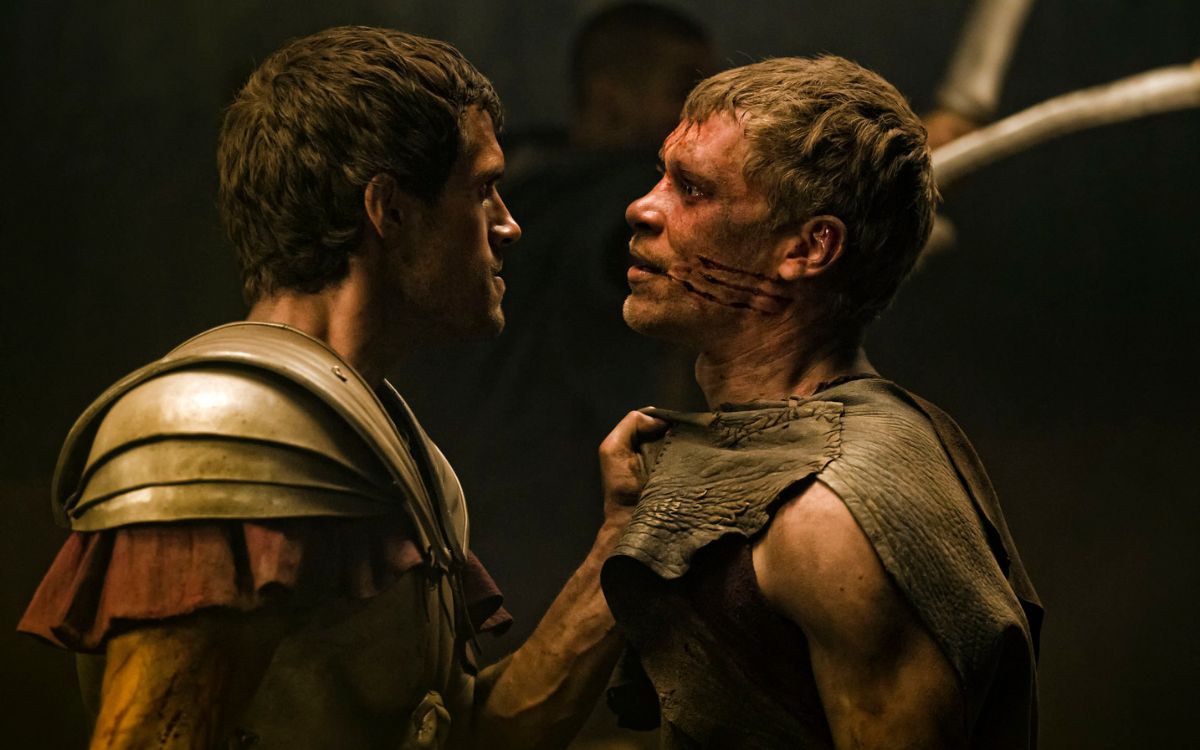
Tarsem Singh’s Immortals stars Henry Cavil as the Greek hero Theseus, along with Mickey Rourke as King Hyperion and Freida Pinto as the mythological Phaedra. King Hyperion is cursed by the sin of pride, and in his arrogance decides to overthrow the gods themselves using the forbidden power of the Titans. Theseus must find the powerful Bow of Epirus in order to thwart the King’s mad ambitions and restore balance to the realm. If you thirst for action (and Henry Cavill’s chiseled physique), this is the film for you.
Iphigenia (1977)
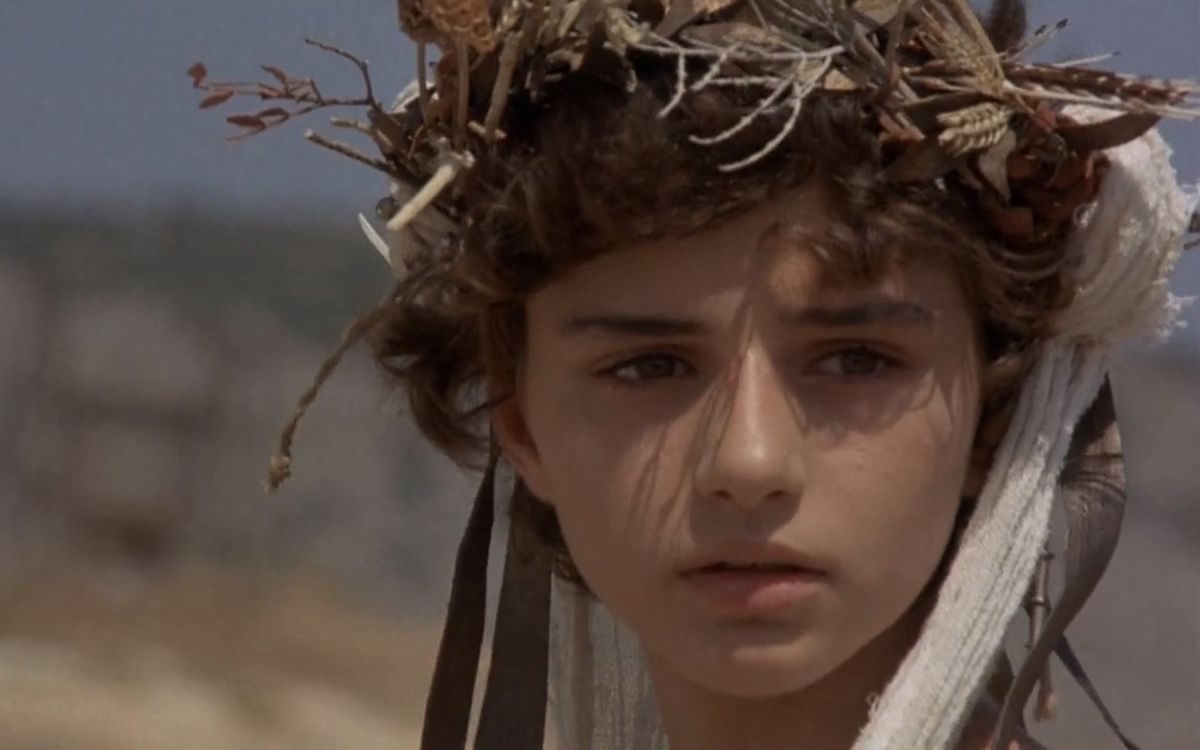
Michael Cacoyannis’ Iphigenia tells the tragic tale of the little-known princess who was so cruelly sacrificed by her own father Agamemnon in order to gain the favor of the gods in the Trojan War. Iphigenia is based on the Ancient Greek playwright Euripides’ tragedy of the same name, and the film itself is entirely in Greek with a Greek cast. A beautiful, heart-wrenching tale, Iphigenia was nominated for Best Foreign Language Film at the Oscars and was also nominated for the Palme d’Or at the 1977 Cannes Film Festival.
Hercules (1997)
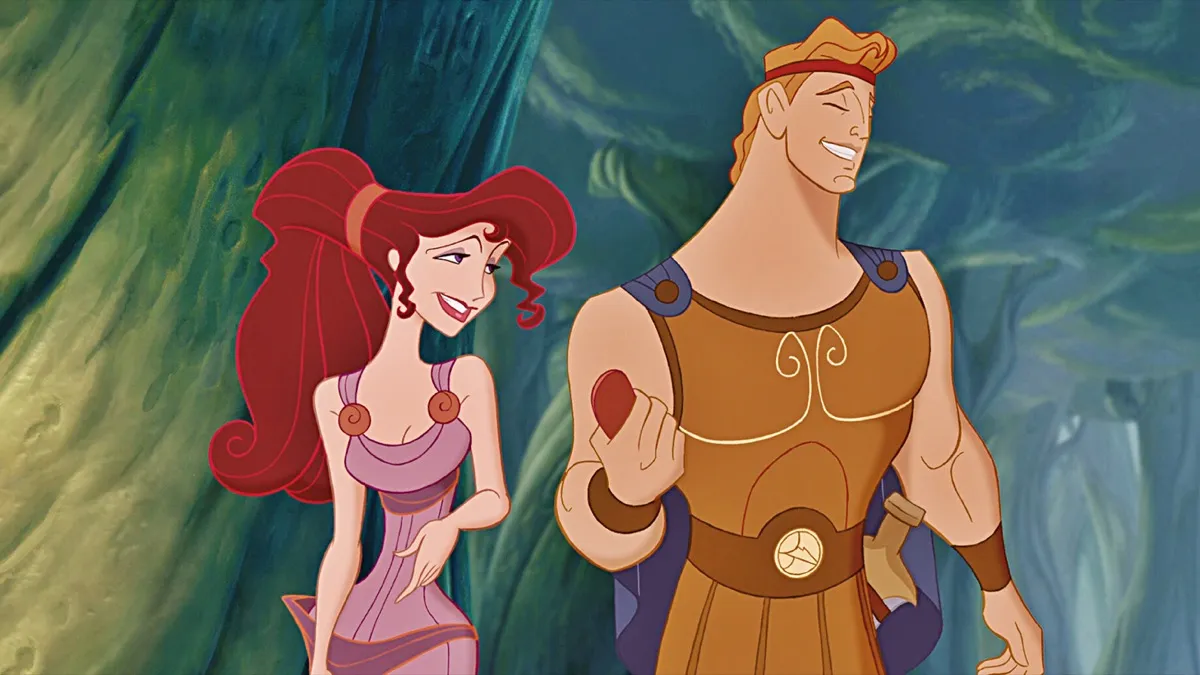
While the true story of the Greek hero Heracles is far more tragic, Disney’s Hercules decided to rebrand the hero entirely, even changing his name to the Latin “Hercules” (I think they mean HUNK-ules)! Hercules reimagines the hero as a himbo with a heart of gold who is trying to reclaim his seat with the gods of Mount Olympus. The film also features one of the finest soundtracks in the Disney canon. And that, viewers, is the Gospel Truth.
Jason and the Argonauts (1963)
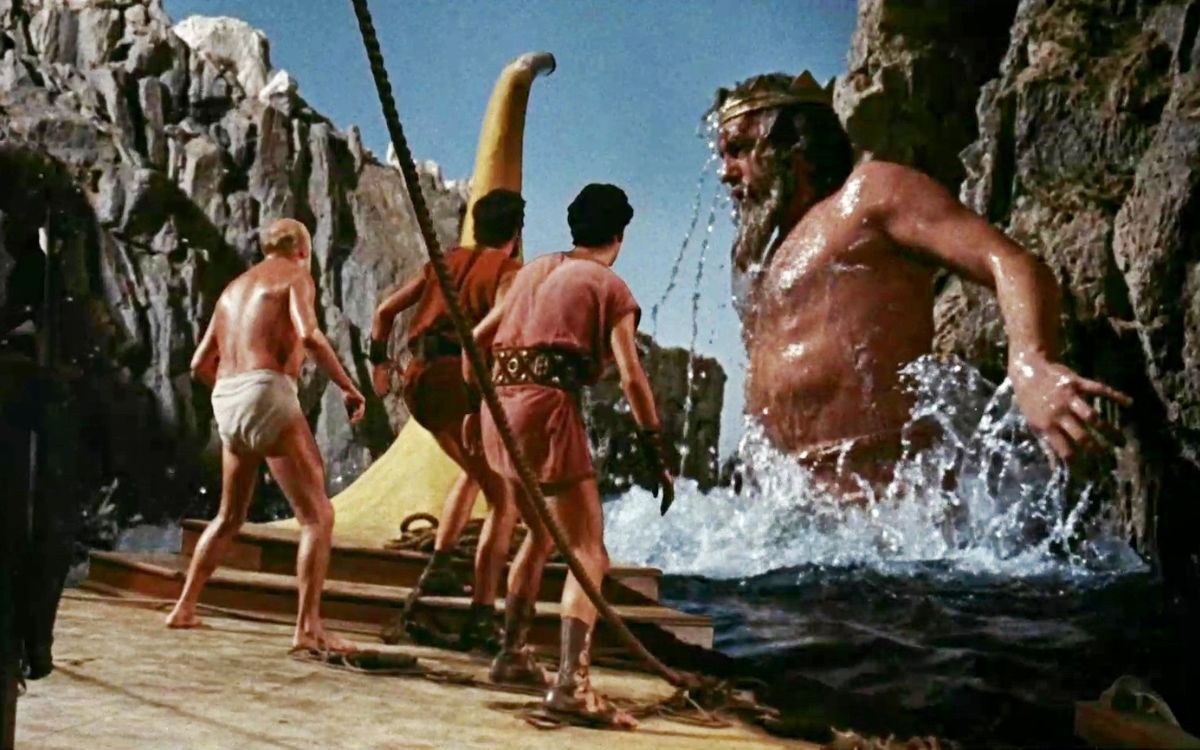
Don Chaffey’s Jason and the Argonauts immortalizes the ancient Greek hero Jason and his quest for the golden fleece on the silver screen. Made in 1963, Jason and the Argonauts features groundbreaking special effects for the time period in which it was made. The stop-motion fight sequences between Jason, his men, and the mythological monsters that hound them are nothing short of iconic. Surprisingly enough, the film was actually an indie movie, and while it failed to make a profit at the box office, it soon became regarded as a cult classic.
Orpheus (1950)

Jean Cocteau’s Orpheus departs from traditionally action-packed tales of Ancient Greek adventure to bring audiences a modernized take on the doomed romance between the Thracian singer and his lover Eurydice. In the original myth, Eurydice is stolen away by Hades, and Orpheus ventures into hell to bring her back. In this modern twist, Orpheus is a famous poet who becomes entangled in the supernatural after encountering an enigmatic princess and her equally mysterious chauffeur, leading to a journey between the living and the dead.
Wonder Woman (2017)
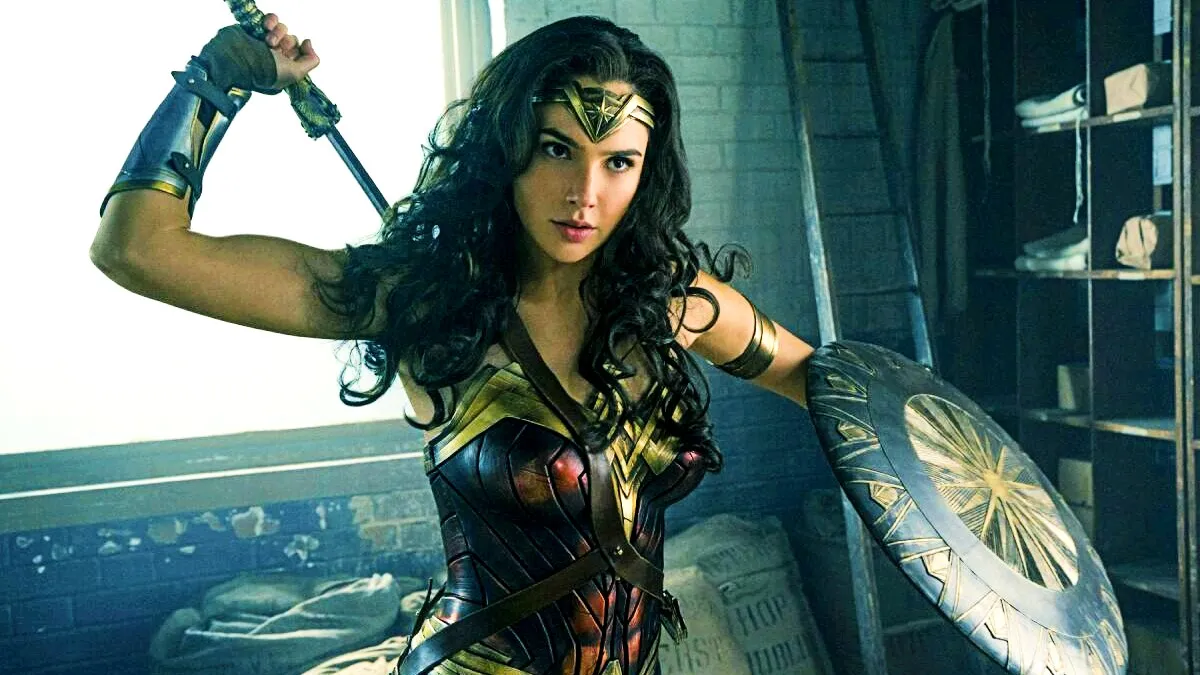
Wary of a slow-paced French film? Patty Jenkins’ Wonder Woman is the film for you! Gal Gadot stars as the titular Amazonian princess who discovers her divine heritage and becomes a legendary warrior. She is forced to leave her secluded island home in order to stop the mad Greek god of war Ares from using World War I to exterminate the human race. Wonder Woman was a box office hit, and is one the most critically acclaimed titles on this list.
Electra (1962)
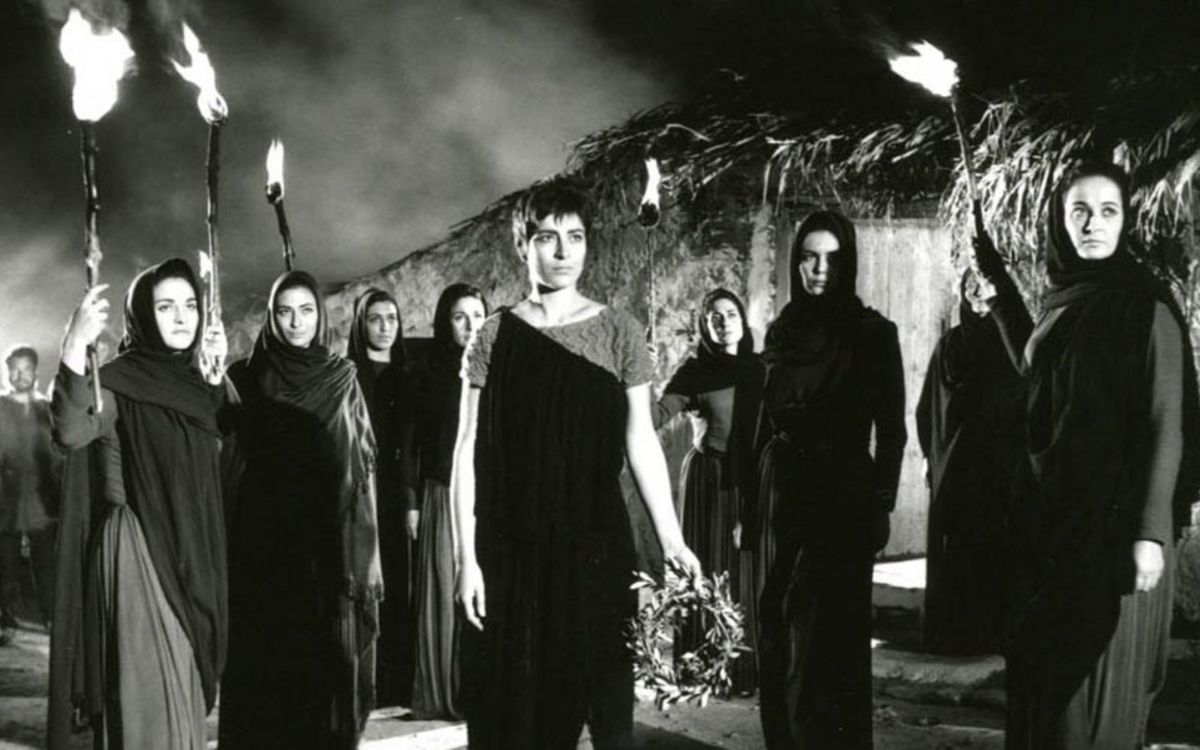
Before making Iphigenia, director Michael Cacoyannis first developed Electra as part of his trilogy of Greek tragedies. Like Iphigenia, Electra is based on an ancient Greek play written by Euripides. The film stars Irene Papas as the titular hero who conspires to murder her mother Clytemnestra in retaliation for the latter’s murder of Electra’s father Agamemnon. Electra won the Best Film Award at the 1962 Cannes Film Festival, and nabbed an Oscar nomination for Best Foreign Film in 1963. Beware, O viewers, I foretell this film to be a bit of a “downer.”
(featured image: Warner Bros., Relativity Media, Columbia Pictures)



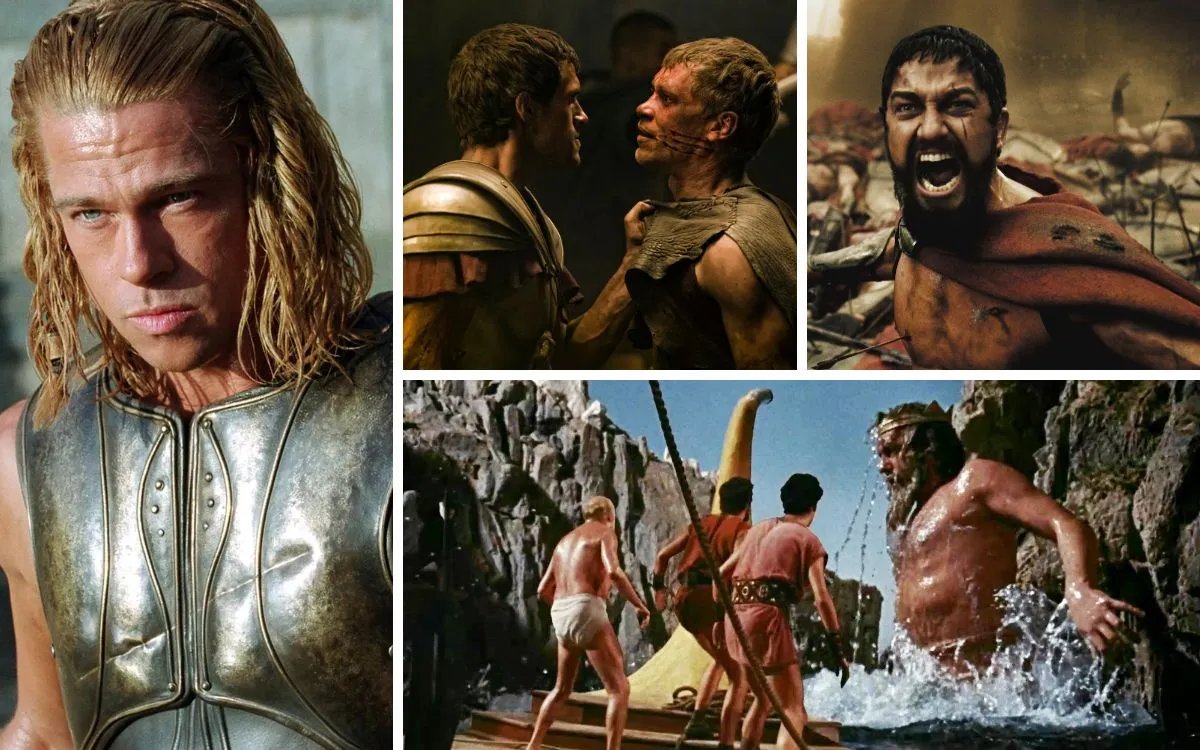



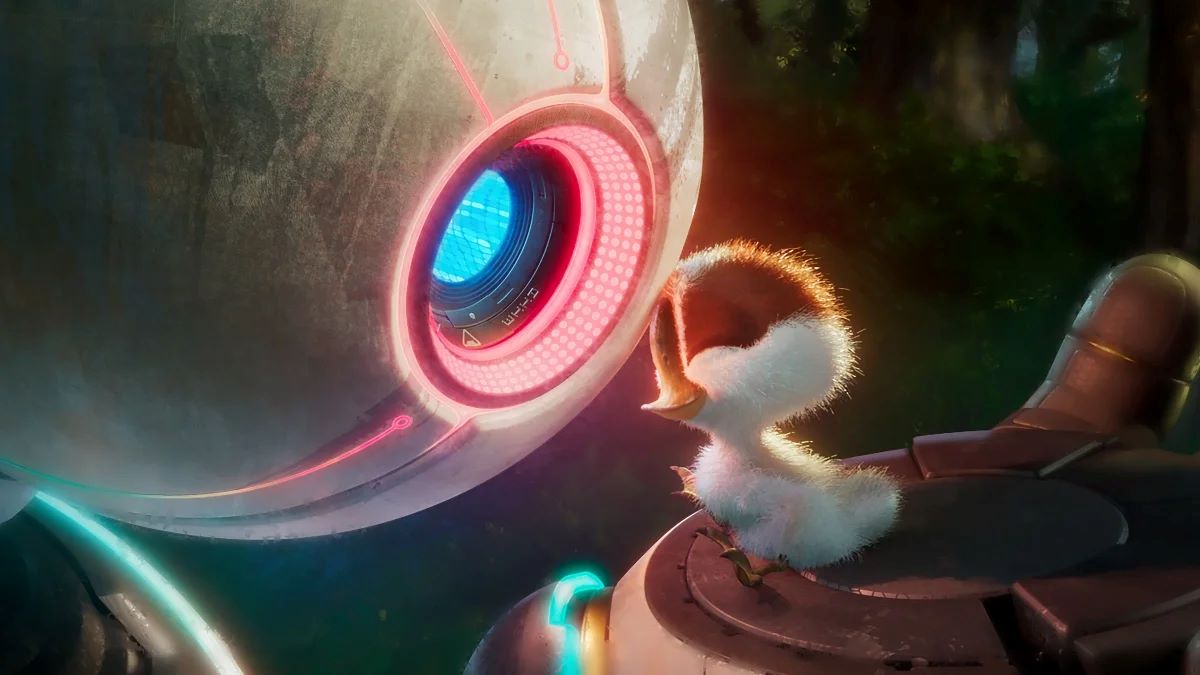


Published: Aug 23, 2023 01:42 pm